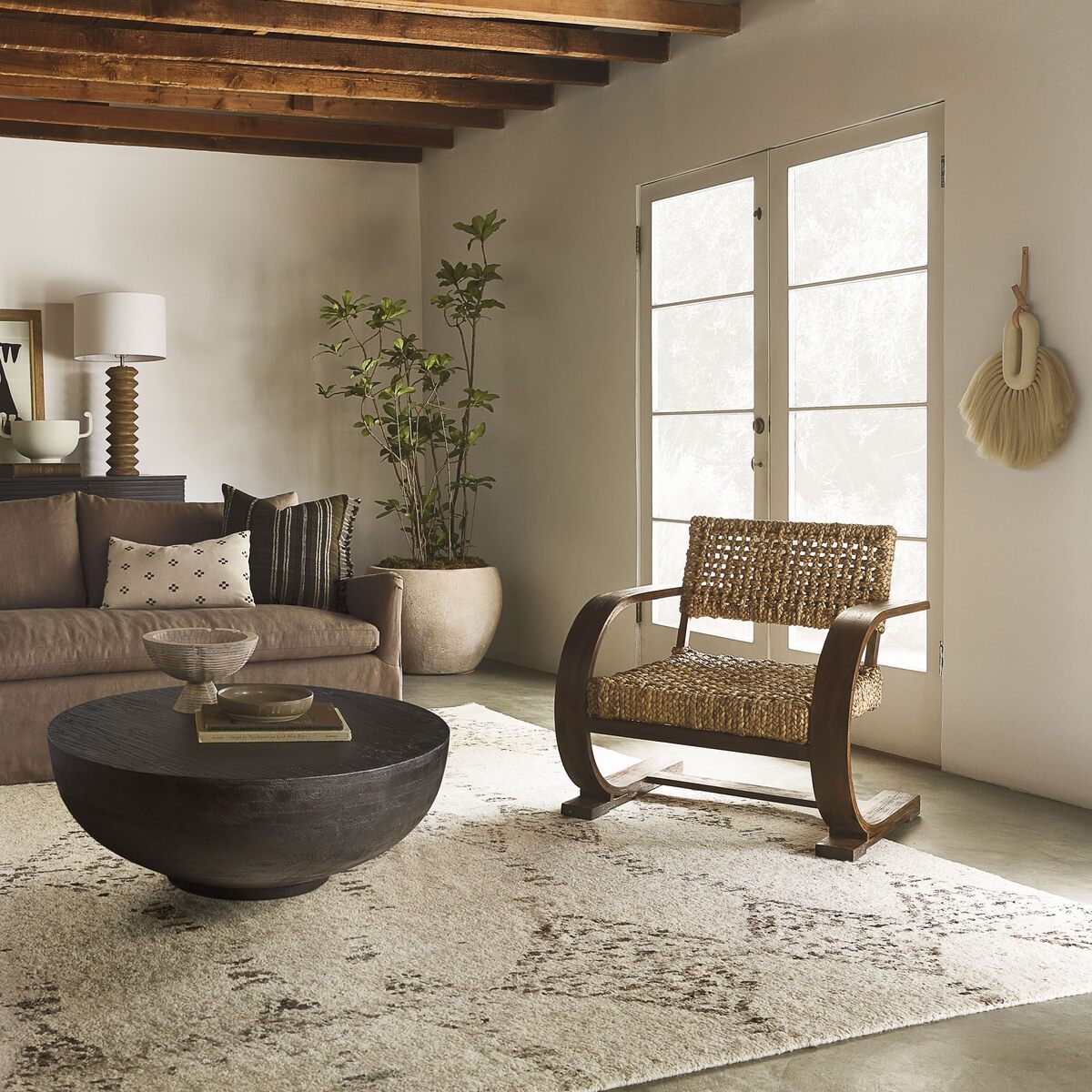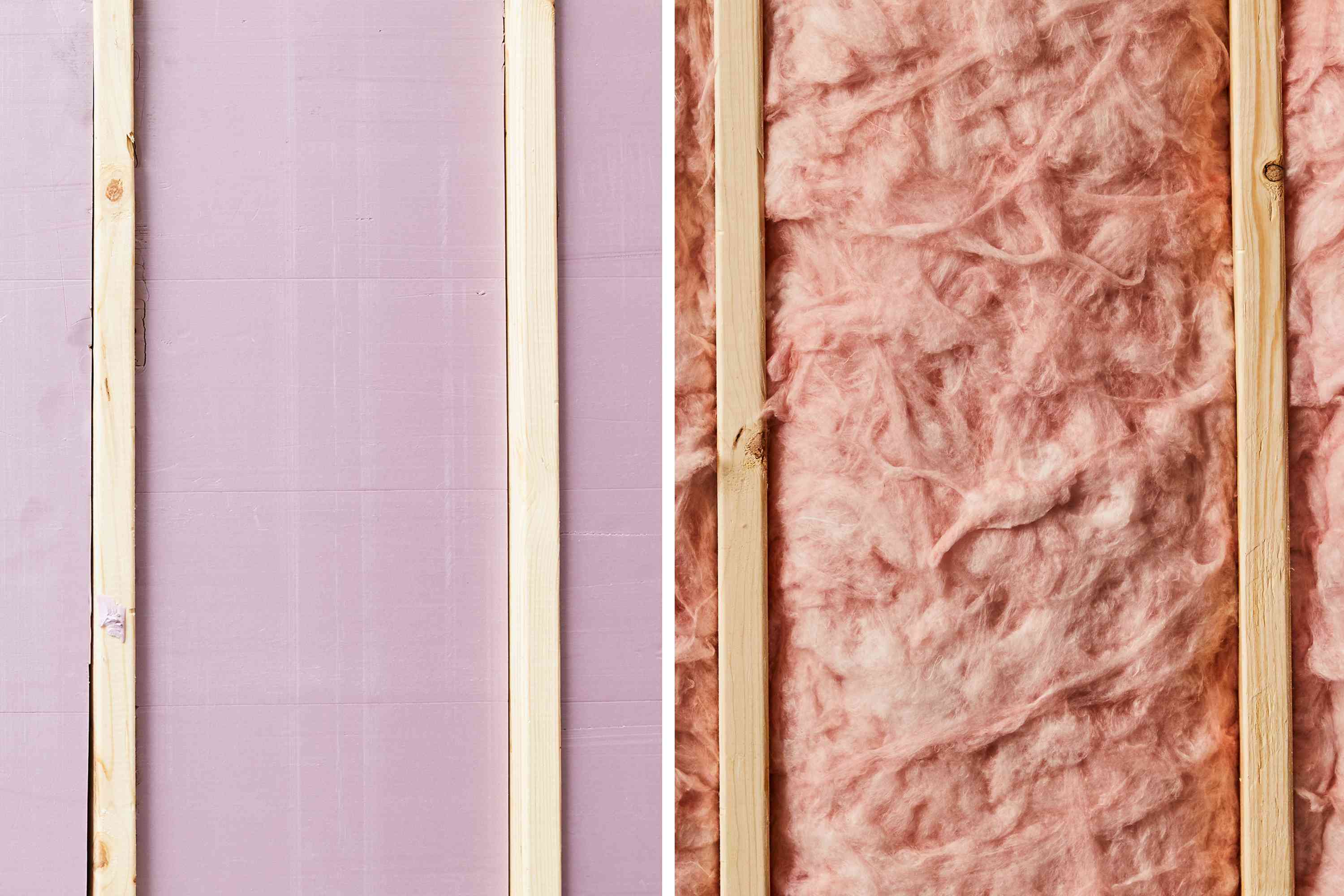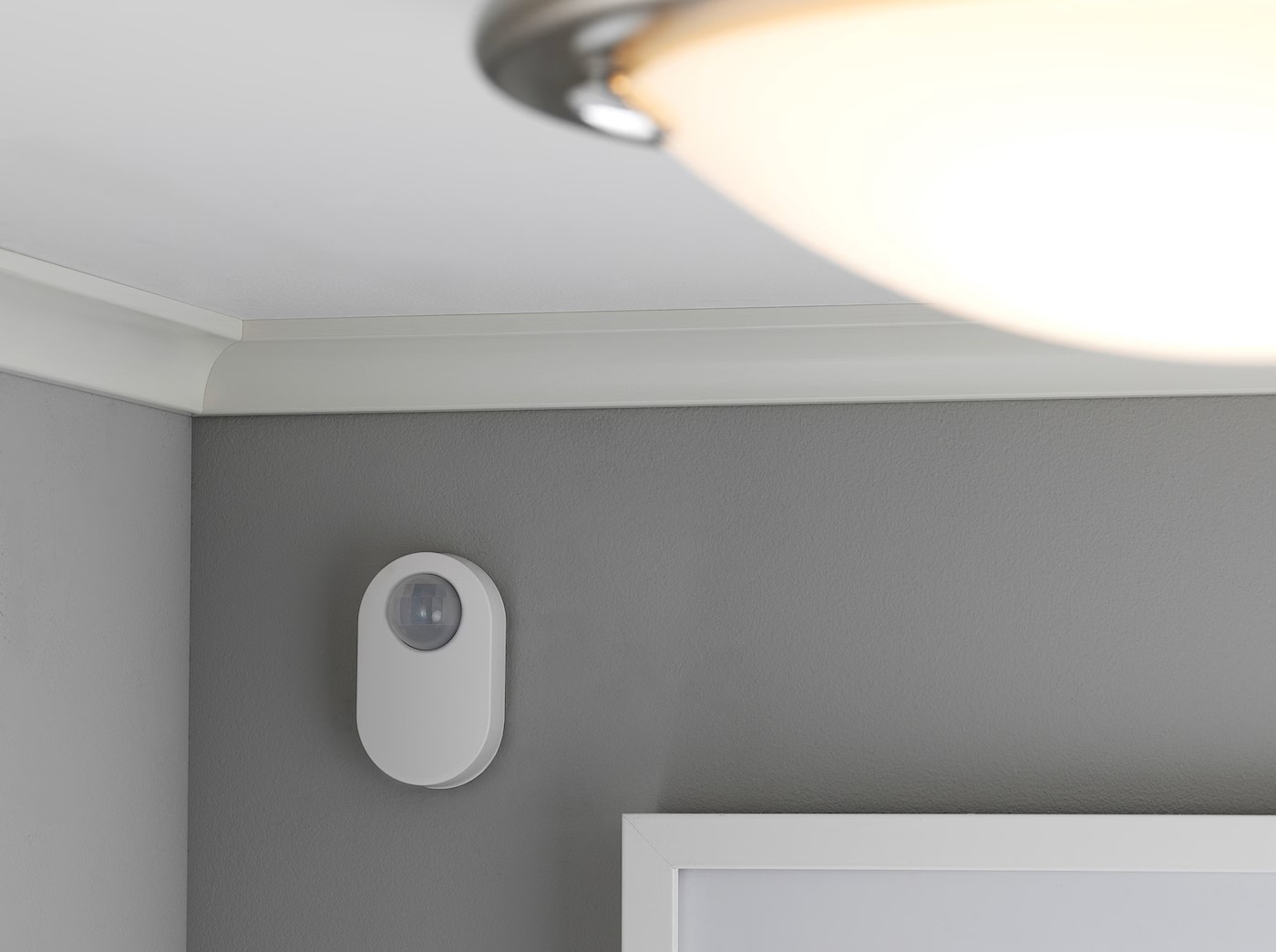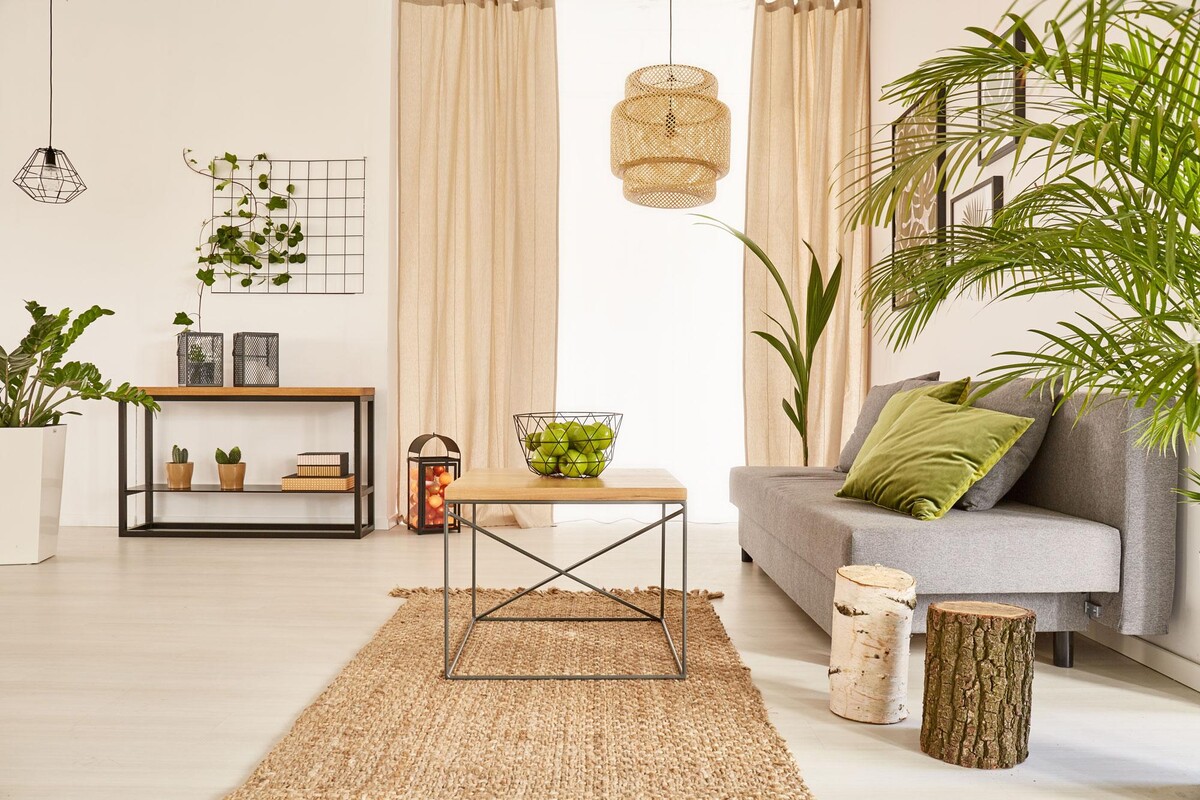Home>Furniture & Design>Interior Design Trends>What Does Organic Mean In Home Decor


Interior Design Trends
What Does Organic Mean In Home Decor
Modified: January 6, 2024
Discover the true essence of "organic" in home decor with the latest interior design trends. Explore sustainable and natural elements to elevate your living spaces.
(Many of the links in this article redirect to a specific reviewed product. Your purchase of these products through affiliate links helps to generate commission for Storables.com, at no extra cost. Learn more)
Introduction
Introduction
Welcome to the world of organic home decor, where sustainability meets style and natural elements blend seamlessly with modern living spaces. In recent years, the concept of organic home decor has gained significant traction as people seek to create harmonious, eco-friendly environments within their homes. This trend represents a shift towards embracing nature-inspired design elements and consciously choosing products that are both aesthetically pleasing and environmentally responsible.
Organic home decor embodies a commitment to using natural materials, embracing earthy color palettes, and incorporating sustainable design practices. It celebrates the beauty of imperfection, the allure of raw textures, and the timeless appeal of artisanal craftsmanship. Whether you’re a dedicated environmentalist, a design enthusiast, or someone simply looking to infuse your home with a sense of tranquility and connection to nature, organic home decor offers a wealth of possibilities.
In this article, we will delve into the essence of organic home decor, exploring its meaning, benefits, diverse types, and practical tips for integrating it into your living space. By the end, you’ll be equipped with the knowledge and inspiration to embark on a journey towards creating a home that not only reflects your personal style but also honors the planet and its resources.
Understanding Organic Home Decor
Key Takeaways:
- Embrace organic home decor to create a sustainable, nature-inspired living space that promotes well-being, timeless appeal, and a deeper connection to the environment.
- When shopping for organic home decor, prioritize sustainable brands, certified organic products, and fair trade items to curate a space that reflects your values and supports a more environmentally conscious future.
Read more: What Is The Meaning Of Home Decor
Understanding Organic Home Decor
Organic home decor is more than just a design trend; it’s a philosophy that encompasses a holistic approach to creating living spaces that are in harmony with nature. At its core, organic home decor revolves around the use of natural, sustainable, and eco-friendly materials to adorn and furnish interiors. This includes elements such as wood, bamboo, cork, jute, organic cotton, linen, hemp, and other renewable resources.
One of the defining characteristics of organic home decor is its emphasis on embracing the imperfections and unique qualities of natural materials. From the grain of wood to the variations in stone and the irregularities in handcrafted textiles, organic decor celebrates the beauty of raw, unrefined elements. This creates a sense of warmth, authenticity, and timelessness within the home, fostering a connection to the earth and its inherent charm.
Furthermore, organic home decor often draws inspiration from the outdoors, incorporating motifs and patterns inspired by flora, fauna, and natural landscapes. This can manifest in the form of botanical prints, earthy color schemes, and organic shapes that echo the serenity and vitality of the natural world. By bringing these elements indoors, organic decor seeks to evoke a sense of tranquility and balance, providing a refuge from the hustle and bustle of modern life.
Moreover, sustainability is a cornerstone of organic home decor. This extends beyond the materials used to encompass ethical production practices, fair trade principles, and a commitment to reducing environmental impact. Whether it’s supporting local artisans, choosing products made with non-toxic finishes, or opting for upcycled and recycled items, organic home decor prioritizes responsible consumption and mindful living.
Ultimately, organic home decor is a reflection of a conscientious lifestyle, where design choices are guided by a deep respect for the planet and a desire to create nurturing, healthful environments within the home. It embodies a harmonious blend of aesthetics, ethics, and environmental stewardship, offering a compelling alternative to conventional interior design approaches.
Benefits of Organic Home Decor
Benefits of Organic Home Decor
Embracing organic home decor brings forth a myriad of benefits that extend beyond aesthetics, enriching both the living environment and the well-being of its inhabitants. Here are some of the compelling advantages of incorporating organic elements into your home:
- Sustainability: By choosing organic home decor, you actively contribute to the preservation of the environment. Sustainable materials and ethical production practices reduce the ecological footprint of your home, promoting a more harmonious relationship with the planet.
- Health and Well-being: Organic home decor often involves the use of natural, non-toxic materials, fostering a healthier indoor environment. This can contribute to improved air quality, reduced exposure to harmful chemicals, and a greater sense of well-being for occupants.
- Timeless Appeal: Natural elements possess an enduring charm that transcends fleeting trends. Organic home decor exudes a timeless beauty, allowing you to create a living space that remains relevant and captivating across the years.
- Connection to Nature: Incorporating organic elements into your home fosters a deeper connection to the natural world. By surrounding yourself with earthy textures, soothing hues, and organic patterns, you can evoke a sense of tranquility and grounding within your living spaces.
- Artisanal Craftsmanship: Many organic decor pieces are handcrafted, showcasing the skill and artistry of talented artisans. By supporting artisanal craftsmanship, you contribute to the preservation of traditional techniques and the livelihood of skilled makers.
- Ethical Considerations: Organic home decor often aligns with ethical sourcing practices, fair trade principles, and support for local communities. By choosing ethically produced items, you can make a positive impact on the lives of those involved in the creation of these products.
- Personal Well-being: The calming and grounding qualities of organic home decor can contribute to a greater sense of serenity and relaxation within your living spaces, promoting emotional well-being and a sanctuary-like atmosphere.
These benefits collectively underscore the enriching and holistic nature of organic home decor, offering a compelling framework for creating interiors that are not only visually captivating but also environmentally responsible and nurturing for those who inhabit them.
Types of Organic Home Decor
Types of Organic Home Decor
The realm of organic home decor encompasses a diverse array of design elements and furnishings that celebrate the beauty and authenticity of natural materials. From furniture to textiles, lighting, and decorative accents, here are some key types of organic home decor to consider for your living spaces:
- Natural Wood Furniture: Solid wood furniture pieces, crafted from sustainably sourced timber, are quintessential components of organic home decor. From dining tables and chairs to bed frames and shelving units, the warmth and character of natural wood infuse interiors with a timeless appeal.
- Organic Textiles: Embrace the tactile allure of organic textiles such as linen, cotton, hemp, and jute. From soft, breathable bedding and drapery to cozy throws and accent pillows, organic textiles bring a sense of comfort and earthy elegance to your home.
- Earthy Color Palettes: Infuse your living spaces with earth-inspired color palettes, including warm neutrals, soft greens, gentle browns, and muted blues. These hues evoke a sense of tranquility and seamlessly complement natural materials, creating a harmonious visual landscape within your home.
- Botanical Accents: Integrate botanical motifs and plant-inspired accents into your decor, such as botanical prints, leafy patterns, and nature-themed artwork. These elements bring a touch of the outdoors inside, infusing your home with a refreshing and organic ambiance.
- Sustainable Lighting: Choose lighting fixtures crafted from sustainable materials, such as bamboo, rattan, or recycled glass. These eco-friendly lighting options not only illuminate your spaces but also add a touch of natural sophistication to your interior design.
- Natural Stone and Ceramics: Incorporate the enduring beauty of natural stone, such as marble or granite, into your decor. Additionally, handmade ceramics and pottery with organic forms and textures can add artisanal charm to your living spaces.
- Indoor Greenery: Enliven your home with indoor plants and greenery, bringing the restorative presence of nature indoors. From lush potted plants to cascading vines, the addition of greenery enhances the organic ambiance of your living spaces.
By integrating these types of organic home decor into your interior design scheme, you can create a home that exudes a sense of natural elegance, sustainability, and timeless allure. Each element contributes to a cohesive and inviting environment that reflects your commitment to organic living.
How to Incorporate Organic Home Decor in Your Home
When choosing organic home decor, look for items made from natural materials like wood, cotton, wool, and bamboo. Avoid synthetic materials and chemicals for a more eco-friendly and sustainable living space.
How to Incorporate Organic Home Decor in Your Home
Integrating organic home decor into your living spaces is a transformative process that can infuse your home with a sense of tranquility, authenticity, and environmental consciousness. Here are practical and inspiring ways to incorporate organic elements into your home:
- Embrace Natural Materials: Opt for furniture and decor crafted from natural materials such as wood, bamboo, rattan, and stone. From coffee tables and chairs to shelving units and decorative accents, these elements bring a touch of organic warmth and texture to your home.
- Layer Organic Textiles: Drape your sofas and beds with organic cotton throws, linen cushions, and jute rugs. These textiles add softness and tactile appeal while infusing your spaces with a cozy, earthy ambiance.
- Infuse Earthy Color Schemes: Paint your walls with soothing earth-inspired hues or incorporate these tones into your decor through upholstery, artwork, and accessories. Earthy colors create a serene backdrop that complements organic elements and fosters a calming atmosphere.
- Integrate Botanical Accents: Incorporate botanical prints, nature-inspired artwork, and plant-themed decor to evoke the vitality of the natural world within your home. These accents infuse your spaces with a refreshing and organic aesthetic.
- Curate Sustainable Lighting: Select lighting fixtures made from sustainable materials, such as bamboo pendant lights or recycled glass lamps. These eco-friendly lighting options illuminate your spaces while adding a touch of natural sophistication to your decor.
- Showcase Artisanal Craftsmanship: Display handmade ceramics, artisan-crafted pottery, and woven baskets to celebrate the artistry and authenticity of artisanal craftsmanship. These pieces add character and soul to your home, reflecting a commitment to supporting skilled makers.
- Embrace Indoor Greenery: Enliven your living spaces with a variety of indoor plants, from lush ferns to sculptural succulents. The presence of greenery not only enhances the organic ambiance of your home but also contributes to a healthier indoor environment.
By incorporating these organic elements into your home, you can create a harmonious and inviting environment that reflects your appreciation for natural beauty, sustainability, and mindful living. Each addition contributes to a cohesive and nurturing atmosphere that embodies the essence of organic home decor.
Tips for Shopping for Organic Home Decor
Read more: What Does Fertilizer Mean
Tips for Shopping for Organic Home Decor
When embarking on the journey of sourcing organic home decor, it’s essential to approach your shopping experience with mindfulness and a discerning eye. Here are valuable tips to guide you in selecting organic home decor items that align with your aesthetic preferences and sustainability values:
- Research Sustainable Brands: Prioritize brands and retailers known for their commitment to sustainability, ethical sourcing, and eco-friendly production practices. Look for certifications and transparent information about their materials and manufacturing processes.
- Seek Certified Organic Products: When purchasing textiles, bedding, and upholstery, look for certifications such as GOTS (Global Organic Textile Standard) for organic fibers. These certifications ensure that the products meet stringent environmental and social criteria throughout the production chain.
- Explore Reclaimed and Upcycled Options: Consider furniture and decor crafted from reclaimed wood, upcycled materials, or vintage pieces that have been repurposed. Embracing these items not only adds character to your home but also reduces the demand for new resources.
- Examine Material Composition: Pay attention to the materials used in the construction of furniture, lighting, and decor. Opt for natural, renewable materials such as FSC-certified wood, bamboo, cork, organic cotton, and low-impact dyes to minimize environmental impact.
- Visit Local Artisan Markets: Explore local artisan markets, craft fairs, and independent boutiques to discover unique handmade pieces created by local artisans. This not only supports the artisan community but also allows you to acquire one-of-a-kind items with a story behind their creation.
- Consider Fair Trade Products: Look for home decor items that are certified as fair trade, indicating that they have been produced under ethical working conditions and that the artisans have been fairly compensated for their craftsmanship.
- Assess Packaging and Shipping Practices: Take into account the packaging and shipping methods employed by the brands you support. Opt for companies that utilize eco-friendly packaging materials and offset carbon emissions from shipping, demonstrating a holistic approach to sustainability.
- Prioritize Multi-Purpose and Durable Pieces: Choose versatile and durable organic home decor items that serve multiple functions and stand the test of time. This approach minimizes consumption and reduces the need for frequent replacements.
By applying these tips, you can make informed and conscientious choices when shopping for organic home decor, curating a living space that reflects your values while contributing to a more sustainable and environmentally conscious future.
Conclusion
Conclusion
The realm of organic home decor offers a compelling invitation to infuse your living spaces with the beauty of nature, the authenticity of sustainable materials, and the ethos of mindful living. By embracing organic home decor, you embark on a journey that transcends mere aesthetics, delving into a holistic approach to creating environments that honor the planet and nurture your well-being.
From the warmth of natural wood furniture to the soothing embrace of organic textiles, the integration of earthy color palettes, and the revitalizing presence of indoor greenery, organic home decor presents a tapestry of elements that celebrate the timeless allure of the natural world. Each piece tells a story of sustainability, ethical craftsmanship, and a deep-seated connection to the earth.
As you curate your home with organic decor, you contribute to the preservation of the environment, support artisanal communities, and prioritize the health and well-being of your household. The benefits of organic home decor extend beyond the confines of your living spaces, resonating with a commitment to a more conscious and harmonious way of life.
Whether you are drawn to the rustic charm of reclaimed wood, the elegance of organic textiles, or the serenity of botanical accents, the possibilities for incorporating organic elements into your home are as diverse as they are inspiring. Each choice you make reflects a dedication to creating a space that is not only visually captivating but also a sanctuary that nurtures the spirit and honors the planet.
By embracing the essence of organic home decor, you join a movement that celebrates the inherent beauty of natural materials, the artistry of skilled makers, and the timeless appeal of sustainable living. Your home becomes a canvas where the principles of organic decor converge with your personal style, creating a haven that speaks to the heart and embodies a deep reverence for the world we inhabit.
May your journey with organic home decor be a testament to the transformative power of design guided by sustainability, authenticity, and a profound connection to the earth.
Frequently Asked Questions about What Does Organic Mean In Home Decor
Was this page helpful?
At Storables.com, we guarantee accurate and reliable information. Our content, validated by Expert Board Contributors, is crafted following stringent Editorial Policies. We're committed to providing you with well-researched, expert-backed insights for all your informational needs.















0 thoughts on “What Does Organic Mean In Home Decor”